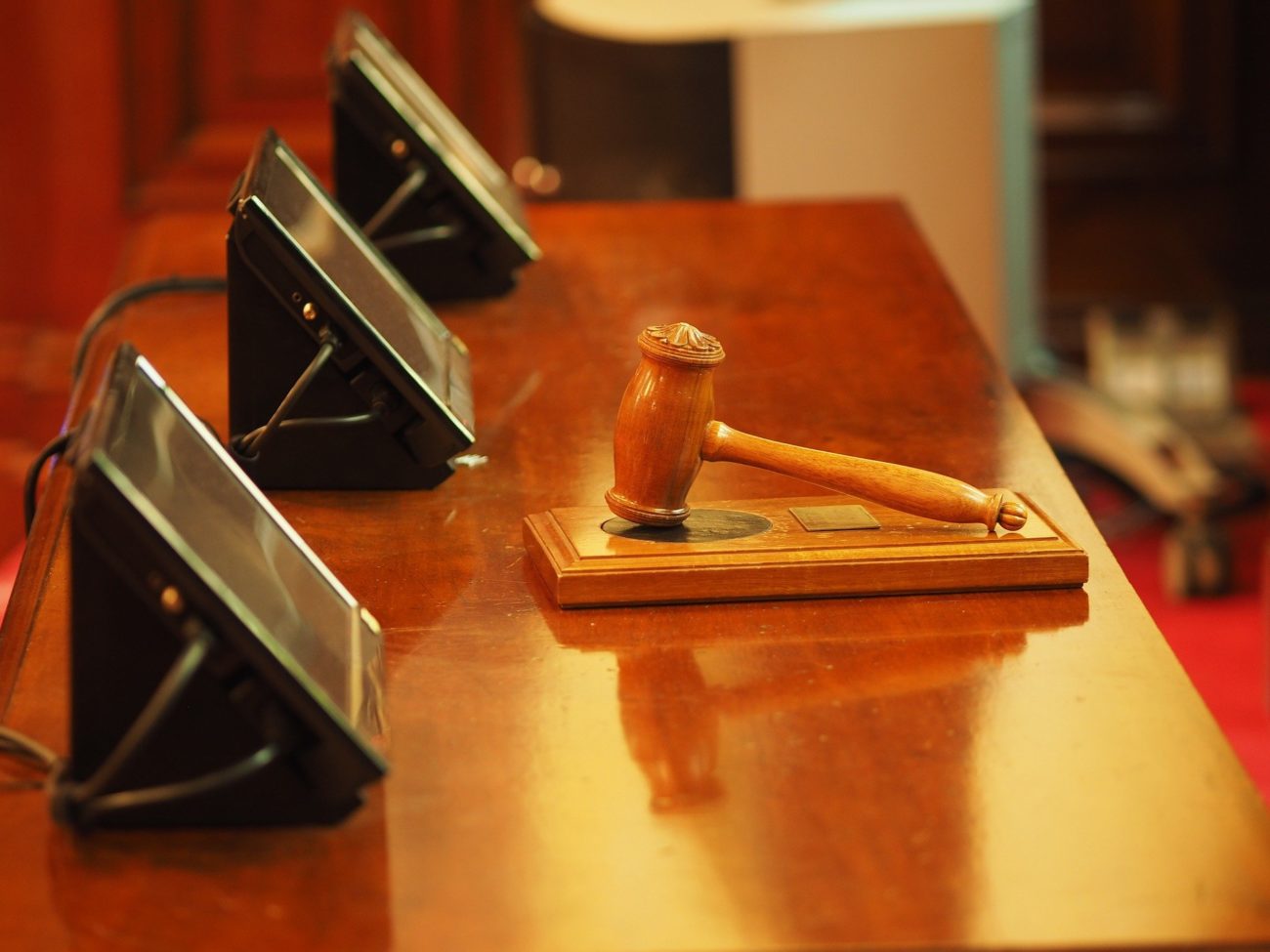New Developments in Virginia’s Skill Game Landscape: A POM Perspective
Pace-O-Matic (POM), a manufacturer known for its “skill games,” has recently navigated a complex legal environment in Virginia, showcasing a creative strategy to circumvent the state’s prohibition on unregulated slot-like devices.
A Virginia district court has ruled that the latest iteration of POM’s popular game, Queen of Virginia Skill 2 (QVS2), does not meet the criteria outlined in state legislation banning skill-based devices. This decision stems from a significant change in gameplay mechanics: the QVS2 version does not require players to insert coins or tickets but instead allows players to pay the operator directly to "unlock" the game.
Despite the operational shift, the QVS2 machines bear a striking resemblance to their predecessors, which were outlawed. Once a player exhausts their initial buy-in (paid in cash), they can choose to deposit additional funds. If winning occurs, the operator pays out the winnings in cash.
Judge Hugh McConnell of the Hanover County District Court has acquitted a convenience store owner facing charges related to the operation of the banned skill games. The judge emphasized that the existing Virginia law defines illegal skill games as those requiring a coin, ticket, or token to initiate play. Since QVS2 does not adhere to this requirement, it slipped through the legal cracks.
The Complex Legal History of Skill Games in Virginia
In 2020, a sweeping law prohibited skill games, aligning them with illegal gambling in the eyes of regulated casinos and law enforcement. Responding to pushback from small business owners reliant on these games during the COVID-19 pandemic, Governor Glenn Youngkin postponed enforcement for a year.
A subsequent lawsuit questioning the constitutionality of the ban led to a lower court ruling for the plaintiffs, but the Virginia Supreme Court later reversed this, cementing the illegality of skill games by October 2023. In 2024, Youngkin vetoed attempts to legalize them after legislators rejected stricter regulatory proposals.
POM introduced the modified QVS2 game last summer, drawing immediate scrutiny. Shortly thereafter, Attorney General Jason Miyares issued guidance suggesting that these machines are essentially the same as the outlawed models, simply modified to escape legal constraints.
Trust and Transparency in Gaming Legislation
Governor Youngkin has expressed concerns regarding POM’s tactics, framing them as a breach of trust with the state. He posits that POM could have chosen a more cooperative approach by entering discussions about the potential legalization of skill games.
Judge McConnell’s ruling highlighted not only the narrow interpretation of the law regarding skill games but also pointed out its ambiguity, which leaves business owners uncertain about the legality of various gaming devices.
State Senator Bill Stanley, a proponent of legalizing skill games, hailed the court’s decision. He believes it favors small businesses over perceived government overreach and the monopolistic ambitions of large casino interests seeking to limit competition in the gaming arena.
